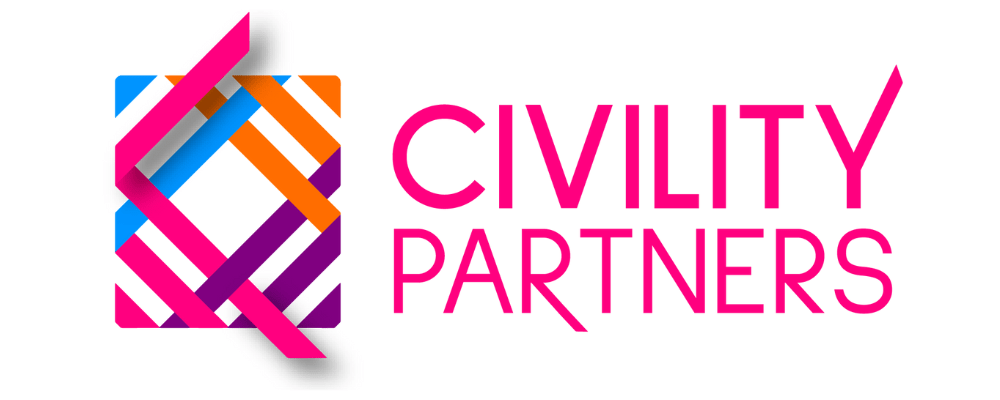We’re talking a lot about making sure everyone feels included and respected in the workplace. But sometimes, it’s not the big, obvious stuff that makes people feel excluded and disrespected – it’s the little things.
We have likely all experienced situations where someone’s words or actions felt unkind or disrespectful towards our identity. These subtle actions are referred to as “microaggression”.
They can target various aspects of who we are, including race, gender, sexuality, parental status, socioeconomic background, mental health, or any other defining feature of our identity. While some microaggressions are intentional, many of these comments are unintentionally harmful.
A survey discovered that 26 percent of 4,274 adults claimed to have “definitely” encountered a microaggression at their workplace, while another 22 percent were unsure if they had. Additionally, 36 percent of respondents admitted to witnessing microaggressions in their workplace.
So, why do microaggressions persist and become part of organizational cultures?
Normalization
When microaggressions happen a lot, it starts to seem normal. Over time, repeated instances of microaggressions can solidify their presence within the organizational culture, reinforcing the notion that they are acceptable forms of communication. It can become deeply ingrained in the fabric of everyday interactions if it’s not addressed.
Unconscious Bias
Sometimes, individuals may not even be aware that their words or actions are hurtful. Microaggressions often stem from unconscious biases and communication patterns, which can be exacerbated by toxic behaviors. Our coaching approach tackles these intertwined challenges by helping individuals develop self-awareness and emotional intelligence.
Power Differences
Microaggressions often happen when there’s a difference in power between people. For example, someone with more authority or privilege might say or do something hurtful without even realizing it.
This can make it hard for the person being hurt to speak up because they might be afraid of what will happen if they do. This fear can keep them silent, allowing the hurtful behavior to continue.
Lack of Awareness
This is a common issue with microaggressions. Many people don’t realize why these actions are harmful because they haven’t been taught about them. Without proper training, these behaviors can persist.
Training programs focusing on diversity, equity, inclusion, self-awareness, or intercultural communication can help people understand why it’s important to consider how their words and actions impact others.
Resistance to Change
Companies can be resistant to changing the way things are done, especially when it involves challenging deeply ingrained attitudes and behaviors. Addressing microaggressions means changing how people interact and think about each other, which can be hard.
Some people might resist this change because they’re used to the way things are. But creating a more inclusive environment means being committed to making these changes, even if it’s difficult. We are making our course on Handling Workplace Bullying FREE! Don’t miss out on this opportunity to access valuable resources and empower yourself to make a positive change.
In a Nutshell,
It’s clear that microaggressions can really shape how things work in an organization. They sneak in slowly and can make people feel pretty lousy.
But if everyone makes an effort to understand and address them, treat everyone fairly, and leaders hold themselves and everyone accountable, you can put a stop to them. Always strive to create a workplace where everyone feels respected and valued, for a better place everyone to work together.
Don’t let microaggressions hinder your organization’s progress. Take action today! You may visit our FAQ page and contact us if you have more questions.
The post Microaggressions Can Become Part of an Organization’s Culture. Here’s Why appeared first on Civility Partners.
“We are committed to helping your organization meet its goals by partnering with you to develop and deliver systemic solutions to negative workplace behaviors. We will partner with you to build a positive and healthy work environment so your employees can thrive.
We don’t focus on the corrective actions involving eradication of problems and negativity, we focus on finding solutions that create a safe and civil workplace – and there’s a difference. Focusing on solutions creates preventative and sustainable change.
Negative and aggressive workplace behaviors are systemic. In order to effectively remove them, holistic and system-wide solutions that are tailored to your organization and focused on prevention, not correction, are required.”
Please visit the firm link to site


